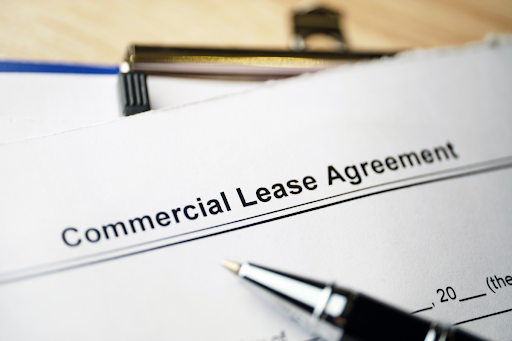
Who is at Fault for Your Slip-and-Fall Accident?
Who is at Fault for Your Slip-and-Fall Accident?
With the arrival of winter comes snowy, icy weather and a higher risk of slip-and-fall injuries. Here’s what you need to know.
Talk to a Lawyer Today
Common Causes of Slip-and-Fall Accidents
Slip-and-fall accidents are especially common during winter, when snow, ice, and rain cause slippery, slick surfaces that are easy to lose your footing on....

How Does Disinheritance Work?
How Does Disinheritance Work?
Many people are unclear on whether or not disinheritance is legal. In British Columbia, a person may disinherit their adult children in their will, but the Wills Variation Act makes it possible for children to dispute the will and potentially have it changed. However, in some cases the disinheritance is considered valid and the child or children in question will...

One For The Road: Social Host Liability In B.C.
One For The Road: Social Host Liability In B.C.
Planning on having a party or celebration? Serving alcohol at the event? This may be a good time to make sure that you are fully aware of your legal responsibilities as a host with guests that may be intoxicated and engaging in risky behaviour.
Is a Host Liable for What Happens to Guests After They Leave?
The answer is not a simple “yes” or...

Wrongful Death: What is a Life Worth?
Wrongful Death: What is a Life Worth?
In wrongful death cases, such as when someone dies due to medical malpractice or nursing home abuse, family members of the deceased can take legal action and receive financial compensation for various damages including loss of income, pain and suffering, and medical costs. Here is what you need to know about how to litigate for wrongful death, who should...

Compensation for Sports and Recreation Injuries
Compensation for Sports and Recreation Injuries
Wondering how compensation works for sports and recreation injuries? Depending on the nature of the case, the injured party may or may not be eligible for compensation.
If you are injured while participating in a recreational activity or sport and the injury is received in the regular course of playing the game, you are not eligible for...

My Long-Term Disability Claim was Denied: What Now?
If you have received a denial letter after applying for a long-term disability claim, it can be difficult to know what to do next. Disability claim denials are quite common, and you have a few options when it comes to pursuing an appeal.
Internal Long-Term Disability Appeal
An internal appeal is essentially a request that the insurance company look over your claim again and reevaluate their...

Understanding a Developer’s Disclosure Statement
When you are looking to buy a home from a developer, they are obligated to provide you with a disclosure statement, which can be long, complex, and tough to understand. Here’s what you need to know.
What is a Property Disclosure Statement?
A property disclosure statement is a statement issued from a seller to a buyer which explicitly outlines information about the property being sold. This...

How Does the Wills Variation Act Work?
Whether you are drafting your own will or dealing with the death of a loved one, it is important to have a good understanding of B.C.’s Wills Variation Act.
What is the Wills Variation Act?
The Wills Variation Act is an act in British Columbia law that is intended to protect dependents of a deceased person from financial abandonment. The Wills Variation Act allows the court to modify a will...

What is a Breach of Duty in Real Estate?
A real estate agent has multiple duties that they are legally obligated to carry out. If they breach these duties, they can be subject to legal action from their clients. The following is a brief outline of the fiduciary duties that a real estate agent is obligated to perform, and what failure to perform these duties looks like.
Duty of Confidentiality
A real estate agent is trusted with a...

Landlord Renovations and Redevelopments: A Commercial Tenant’s Rights
A landlord may wish to sell a leased premises, or the property in which they are contained, unfettered by an existing lease. The landlord’s motivation may alternatively relate to a proposed new tenant. In some cases, extensive renovations are required to be made, either to satisfy the needs of another existing or proposed tenant, or to bring a building up-to-date, in circumstances where this...
